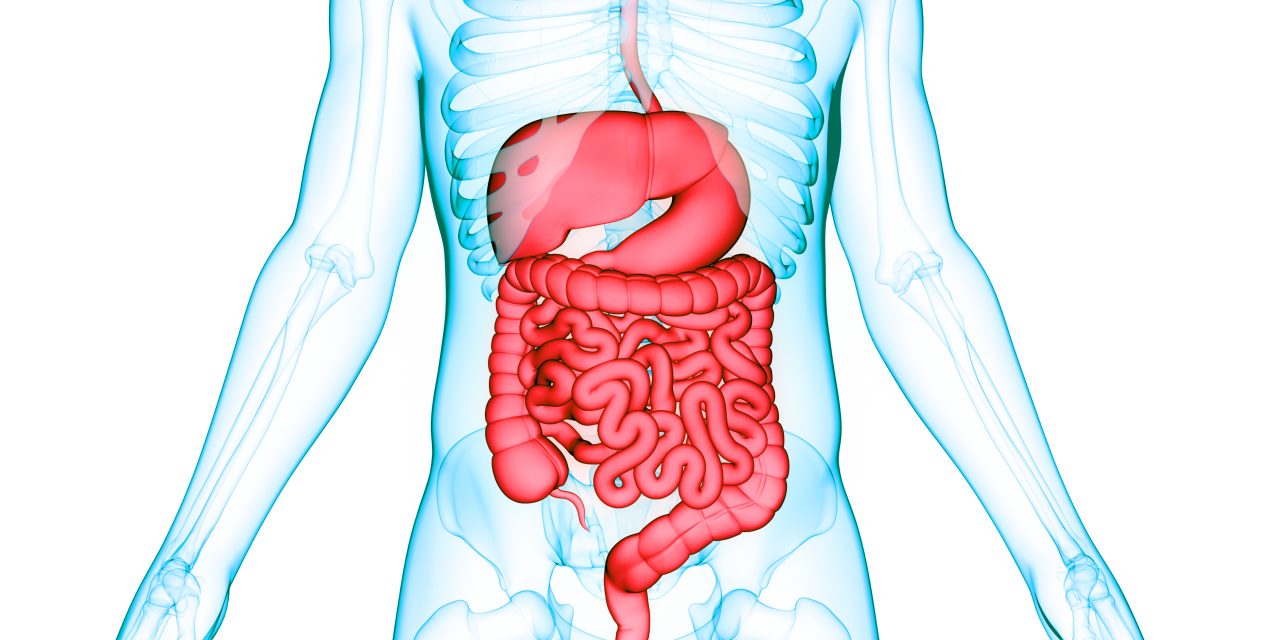Vitamin A (VA) and its metabolite, retinoic acid (RA), play important roles in modulating intestinal mucosal immunity, yet little is known about their regulatory effects on enteric nervous system function. The study aims to explore the protective effects of dietary VA on diarrhea in a piglet model involving enteric glia and immune cell modulation. Twenty-eight weaned piglets were fed either the basal or VA (basal diet supplemented with 18,000 IU/kg VA) diet and with or without irinotecan (CPT-11) injection. CPT-11 induced increased diarrhea incidence, immune infiltration, and reactive enteric gliosis. A diet supplemented with 18,000 IU/kg VA ameliorated the adverse effects of CPT-11 on the gut barrier. VA reduced diarrhea incidence and attenuated enteric glial gliosis, immune cell infiltrations, and inflammatory responses of CPT-induced piglets. An in vitro experiment with 1 nmol/L RA showed direct protective effects on monocultures of enteric glial cells (EGCs) or macrophages in LPS-simulated inflammatory conditions. Furthermore, 1 ng/mL glial-derived neurotropic factors (GDNF) could inhibit M1-macrophage polarization and pro-inflammatory cytokines production. In summary, VA exerted protective effects on the intestinal barrier by modulating enteric glia and immune cells, perhaps enhancing epithelial recovery under CPT-11 challenge. Our study demonstrated that RA signaling might promote the roles of enteric glia in intestinal immunity and tissue repair, which provided a reference for the VA supplementation of patient diets.
Vitamin A Ameliorated Irinotecan-Induced Diarrhea in a Piglet Model Involving Enteric Glia Modulation and Immune Cells Infiltration.


